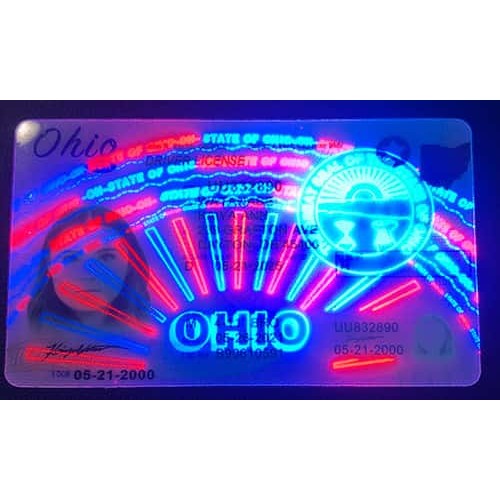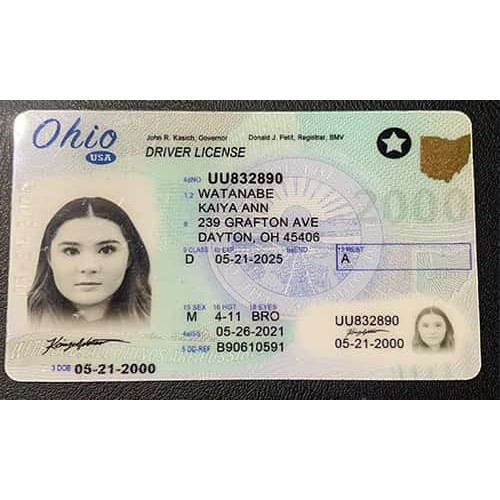Fake Love Id
2024-05-04 2024-05-04 14:23Fake Love Id
Fake Love Id
As I browse the internet and observe the trends in online interactions and relationships, one idea that continuously surfaces is the concept of “fake love.” In today’s digital age, where social media and dating apps play a significant role in how we form connections with others, the authenticity of love and affection can often be called into question.
Fake love can manifest in various forms, from the exaggerated displays of affection on Instagram to the fabricated emotions expressed in text messages. It can be challenging to distinguish between genuine love and the counterfeit version, especially when our interactions are mediated by screens and filters.
One of the most common expressions of fake love is when someone pretends to care about another person’s well-being or feelings, only to fulfill their own selfish desires or ulterior motives. This can be seen in situations where someone showering their partner with gifts and attention, only to manipulate them into doing something they want. In these cases, the gestures of love are insincere and driven by a desire to control or exploit the other person.
Another form of fake love is when individuals use romantic language and expressions without truly understanding or feeling the emotions behind them. In these instances, words like “I love you” and “forever” are thrown around casually, without any real commitment or intention to follow through. This can lead to confusion and hurt feelings, as the recipient of these hollow declarations may believe they are in a genuine and meaningful relationship, only to be let down when the truth is revealed.
Fake love can also be perpetuated by social media, where carefully curated images and posts create a superficial image of a perfect relationship. Couples may feel pressured to present a flawless facade to the world, leading to a disconnect between their public persona and their private reality. This can create a sense of insecurity and inadequacy, as individuals compare their own relationships to the idealized versions they see online.
In the realm of online dating, fake love can be particularly prevalent, as individuals may use false information and images to portray themselves in a more favorable light. Catfishing, where someone creates a fake persona to deceive others into forming connections with them, is a common example of fake love in the digital age. The anonymity of the internet can make it easier for people to deceive and manipulate others, leading to feelings of betrayal and heartbreak when the truth is revealed.
In conclusion, fake love is a pervasive issue in today’s society, fueled by the digital platforms that shape our interactions and relationships. Understanding the signs of fake love and cultivating genuine connections based on mutual respect and honesty is essential for building healthy and fulfilling relationships. By being mindful of our own actions and intentions, we can strive to create authentic and meaningful bonds with others, both online and offline.










